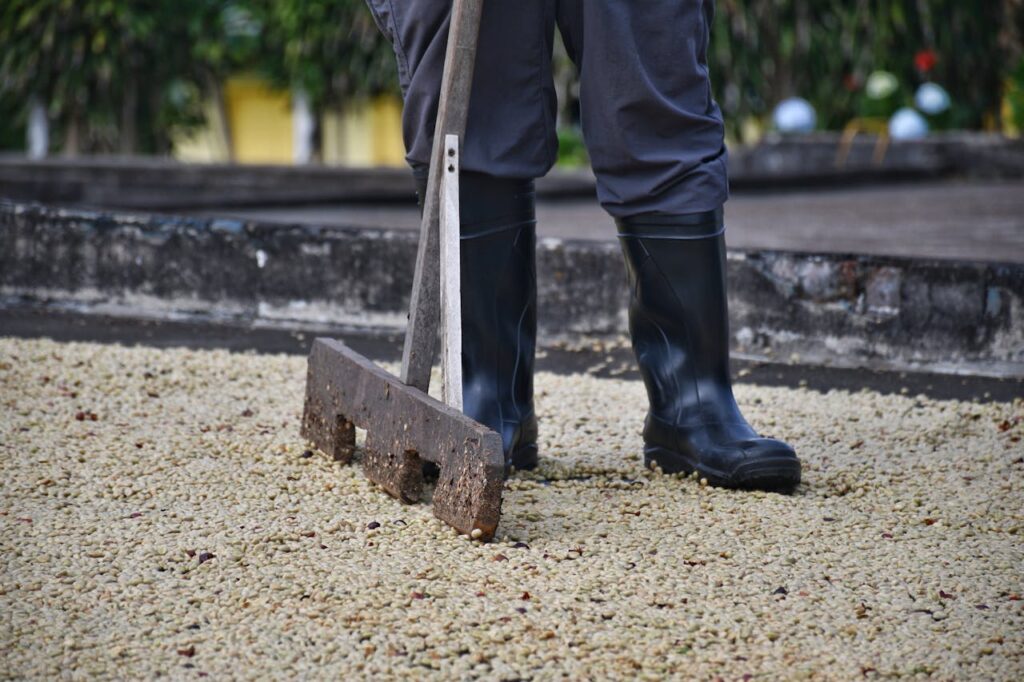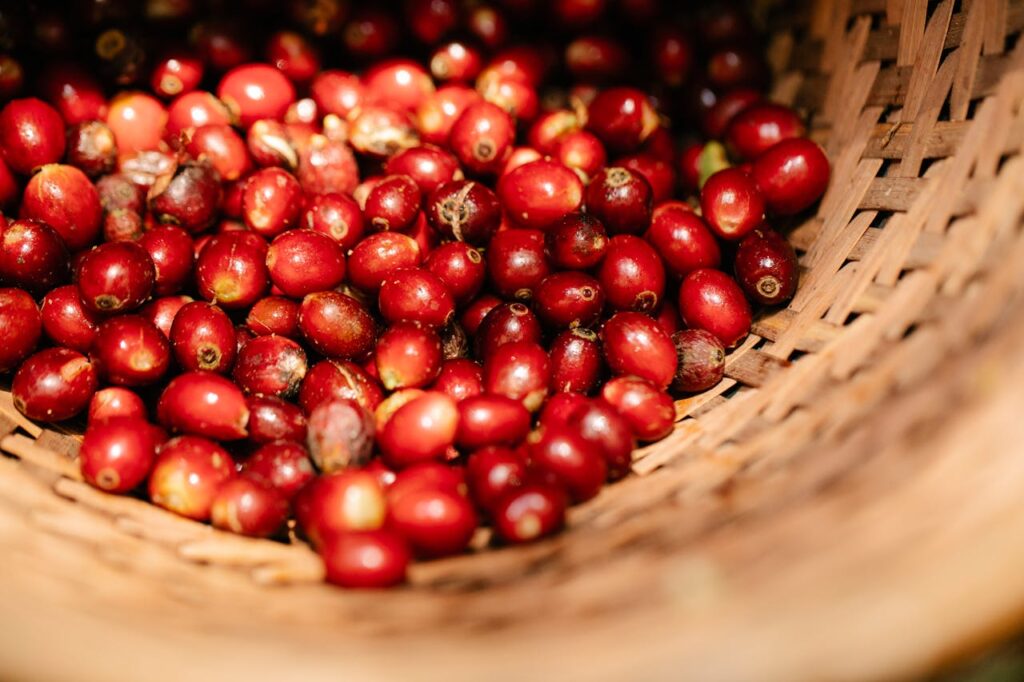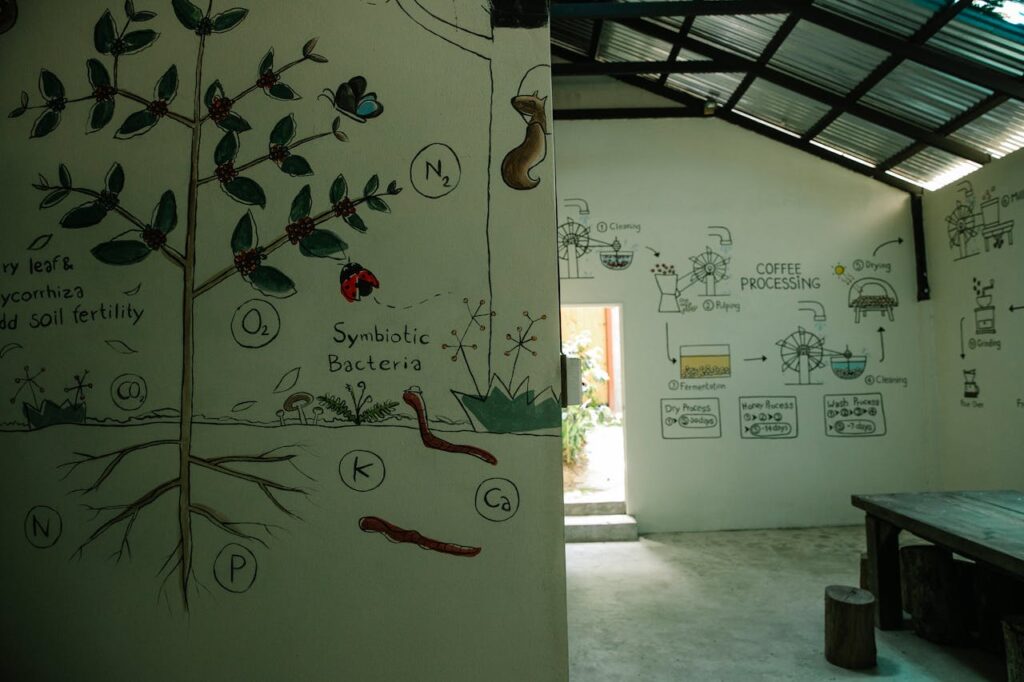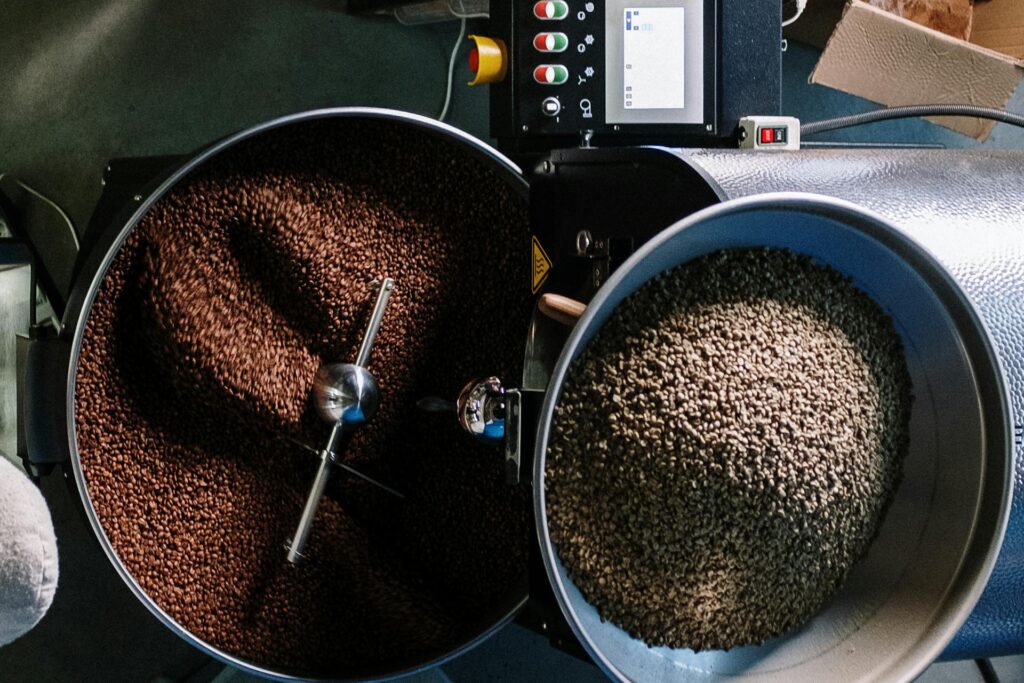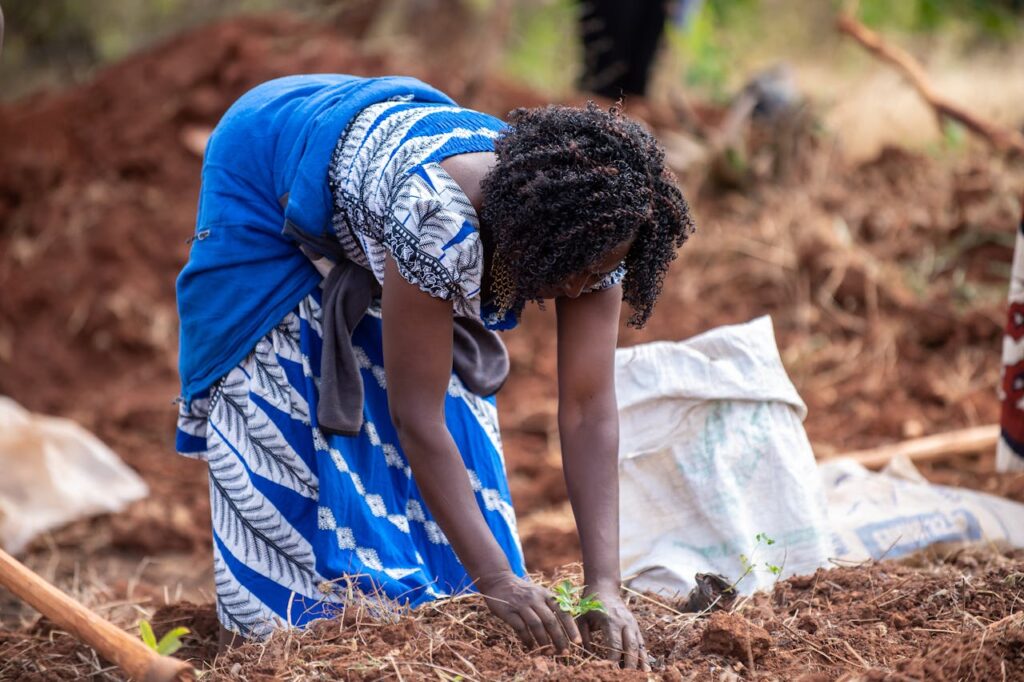Farmer initiative support
Kava Roast Co, a leading Uganda based coffee company, has made it its mission to transform the lives of coffee farmers across the country. While the company is widely recognized for its high-quality coffee, what truly sets Kava Roast Co apart is its deep and unwavering commitment to supporting farmer led initiatives. Through its Farmer Initiative Support program, Kava Roast Co works hand in hand with coffee growers to strengthen their own ideas, innovations, and community driven solutions, ensuring that farmers are not just beneficiaries of development efforts but leaders in shaping their future. What is farmer initiative support? Farmer Initiative Support refers to the deliberate practice of identifying, nurturing, and scaling farmer led projects, ideas, and solutions. Rather than imposing top-down solutions or one size fits all programs, Kava Roast Co listens to farmers, recognizes their local knowledge, and supports the initiatives they believe will improve their farms, communities, and incomes. By supporting these initiatives, Kava Roast Co ensures that farmers are not only equipped with resources and knowledge but also empowered to take ownership of their development journeys. WHY FARMER INITIATIVE SUPPORT MATTERS Supporting farmer initiatives is not just a charitable gesture — it’s a strategic approach that delivers multiple benefits: 1. Local relevance and ownership: Farmers know their land, crops, and challenges better than anyone else. When solutions come from them, they are more likely to fit local conditions and be adopted widely. 2. Innovation from the ground up: Farmers are natural innovators. With the right support, they can develop new techniques, tools, and organizational models that improve productivity and resilience. 3. Stronger communities: Farmer led initiatives often address not just agricultural issues but also social and economic challenges, such as education, healthcare, and gender inequality. 4. Sustainability and resilience: When farmers own and lead initiatives, they have a stake in sustaining them over the long term, reducing dependency on external aid. 5. Scalability and impact: Successful farmer led projects can serve as models for other communities, spreading positive change across entire regions. HOW KAVA ROAST CO SUPPORTS FARMER INITIATIVES Kava Roast Co has developed a holistic, flexible, and farmer centered approach to supporting initiatives. Here’s an in depth look at how the company identifies, nurtures, and scales farmer led solutions. 1. Listening and identifying needs The first step in Kava Roast Co’s approach is active listening. The company engages directly with farmers through community meetings, focus group discussions, farm visits, and surveys to understand their priorities, ideas, and challenges. Instead of assuming what farmers need, Kava Roast Co asks: This listening centered approach ensures that initiatives are farmer driven, not company driven. 2. Providing financial support Many promising farmer initiatives fail to get off the ground due to lack of funding. Kava Roast Co addresses this gap by offering: By providing financial resources, Kava Roast Co helps farmers turn their ideas into action without burdening them with unsustainable debt. 3. Capacity building and training Supporting an initiative goes beyond handing over funds. Kava Roast Co provides tailored training and mentorship to ensure that farmers have the skills to manage their projects effectively. This includes: This capacity building approach strengthens farmers’ confidence and equips them to manage resources efficiently. 4. Access to resources and inputs Many farmer initiatives require inputs such as: Kava Roast Co helps farmers access these resources either directly or through partnerships with suppliers, NGOs, and government programs. By doing so, the company ensures that farmers can implement their innovations effectively. 5. Mentorship and peer learning Kava Roast Co connects farmers to a network of mentors, experts, and peers who can provide guidance, share experiences, and troubleshoot challenges. This includes: This peer-to-peer learning approach builds solidarity, accelerates innovation, and spreads successful practices. 6. Scaling and replication Once a farmer initiative has proven successful, Kava Roast Co helps to scale it up by: This approach ensures that good ideas don’t stay small but benefit as many farmers as possible. TYPES OF FARMER INITIATIVES SUPPORTED Kava Roast Co supports a wide range of farmer led projects, including: THE IMPACT OF FARMER INITIATIVE SUPPORT The ripple effects of Kava Roast Co’s farmer initiative support are profound: Economic impact: Farmers report increased incomes due to improved productivity, quality, and market access. Community projects often generate additional income streams. Social impact: Women gain leadership roles. Youth find meaningful livelihoods in agriculture. Communities become more cohesive and resilient. Environmental impact: Adoption of sustainable practices reduces soil erosion, improves biodiversity, and enhances climate resilience. Empowerment and dignity: Farmers feel valued, respected, and confident. They see themselves as solution makers, not just aid recipients. Scalability and sustainability: Successful initiatives are replicated in new communities, creating a cycle of positive change. CHALLENGES AND HOW KAVA ROAST CO ADDRESSES THEM Supporting farmer initiatives is not without challenges, including: Capacity constraints: Farmers often need help with project planning, budgeting, and reporting. Kava Roast Co addresses this through training and mentorship. Resource limitations: Some projects require significant resources. The company leverages partnerships to pool funding and expertise. Risk aversion: Farmers may be hesitant to try new approaches. Kava Roast Co encourages experimentation through small pilots and demonstration plots. Equity and inclusion: Ensuring that women, youth, and marginalized groups benefit from support requires intentional outreach and targeted programs. By anticipating these challenges, Kava Roast Co increases the chances of long-term success. THE FUTURE VISION Kava Roast Co’s vision for the future of Farmer Initiative Support is ambitious and inspiring. The company aims to: Farmer Initiative Support at Kava Roast Co is a powerful testament to what’s possible when farmers are given the resources, respect, and opportunity to lead their own development. It is an approach that puts farmers at the center, values their knowledge, and invests in their creativity and determination. Through this program, Kava Roast Co is helping to build a more resilient, equitable, and prosperous coffee sector — one where farmers are not just producers but innovators, leaders, and agents of change. It’s about creating a future where Ugandan
